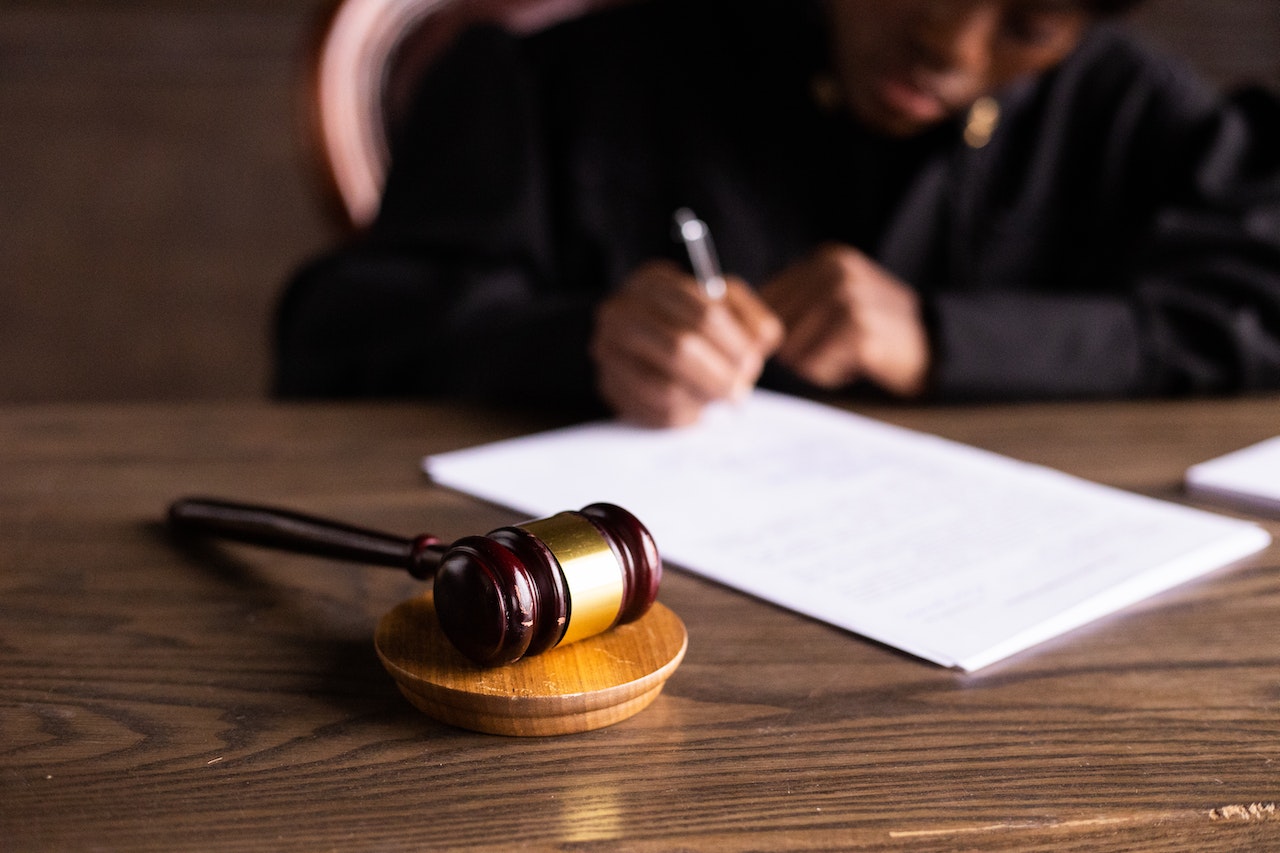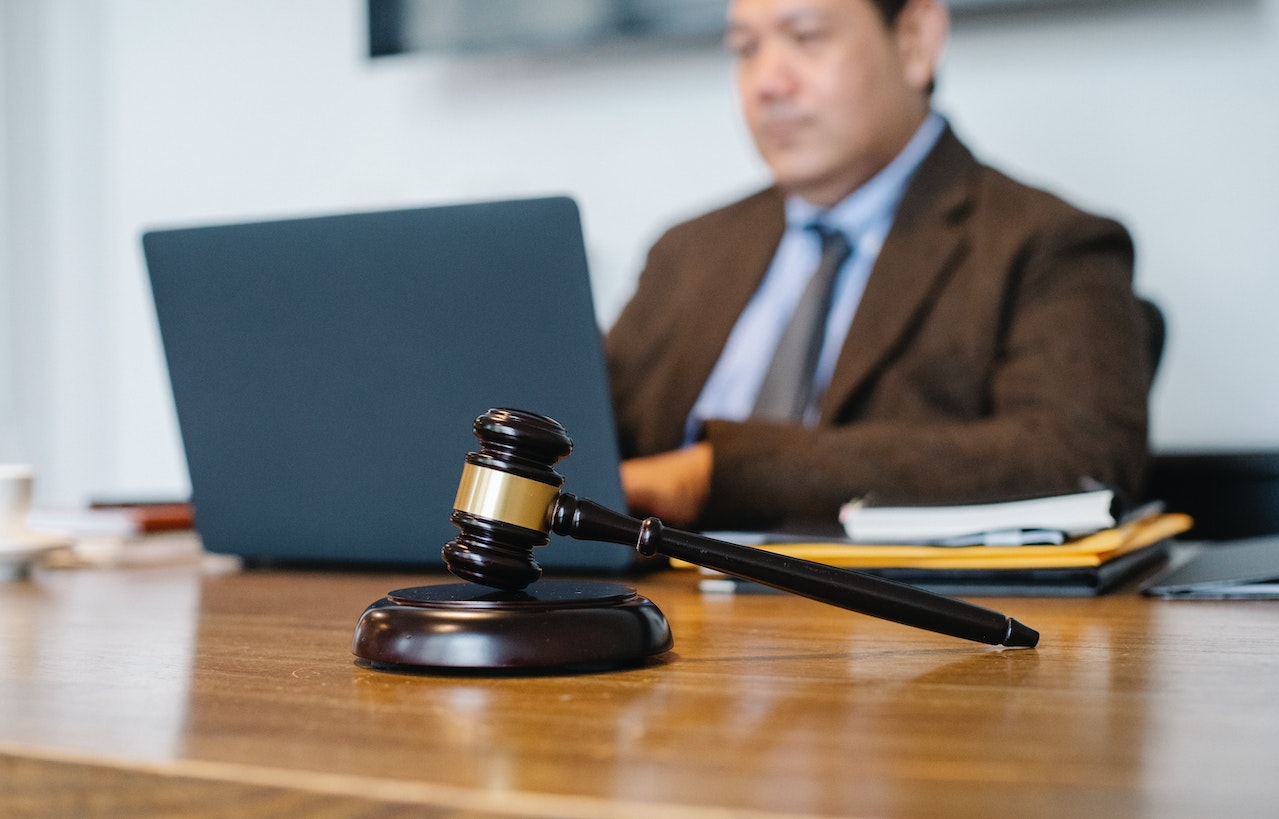The Role Of Judges In Shaping The Law - An In-Depth Look
The law is not a static entity. It evolves and adapts to the changing circumstances of society and new legal issues that arise. One of the primary ways that the law evolves is through the interpretation and application of legal principles by judges. This article will explore the role of judges in shaping the law, and how they use their discretion and judicial reasoning to create new legal principles and interpretations.
Author:K. N.Feb 22, 20234.6K Shares170.4K Views

The law is not a static entity. It evolves and adapts to the changing circumstances of society and new legal issues that arise. One of the primary ways that the law evolves is through the interpretation and application of legal principles by judges.
Judges play a crucial role in shaping the law, as they are the ones who decide how the law should be applied in specific cases.
This article will explorethe role of judges in shaping the law, and how they use their discretion and judicial reasoning to create new legal principles and interpretations.
What Do Judges Do When Not In Court?
When judges are not in court, they have a variety of responsibilities and tasks that they perform. Some of these tasks include:
Research And Writing
Judges often spend a significant amount of time researching and writing decisions and opinions. This involves reviewing case law, statutes, and other legal materials to ensure that their decisions are well-supported and in line with the law.
Administrative Duties
Judges are responsible for managing their court and ensuring that it runs smoothly. This includes tasks such as overseeing the budget, managing the staff, and handling administrative tasks such as scheduling court sessions and managing case files.
Continuing Education
Judges are required to maintain their legal knowledge and skills through continuing education. They attend conferences, workshops, and other training opportunities to stay up-to-date on changes in the law and to enhance their skills as judges.
Community Involvement
Many judges are actively involved in their communities and participate in a variety of organizations and activities outside of the courtroom.
This allows them to connect with the community they serve and to gain a better understanding of the needs and concerns of the people they serve.
Mediation And Arbitration
Some judges also serve as mediators or arbitrators in alternative dispute resolution (ADR) proceedings. In these roles, they work with parties to help them resolve disputes outside of court.
Private Practice
Some judges, especially those who serve on part-time or interim courts, may maintain a private practice or engage in other legal work when they are not in court.
The Role Of Judges In Shaping The Law And In Criminal Trial
In a criminal trial, the role of a judge is to oversee the proceedings and ensure that the trial is conducted fairly and in accordance with the law. Some specific responsibilities of a judge in a criminal trial include:
Maintaining Order
The judge is responsible for maintaining order in the courtroom and ensuring that all parties involved in the trial follow the rules of procedure and evidence.
Ruling On Legal Questions
During a trial, the judge is responsible for ruling on a variety of legal questions, including the admissibility of evidence, the qualifications of witnesses, and the instructions to be given to the jury.
Impartiality
Judges are required to be impartial and to avoid any appearance of bias. This means that they must avoid expressing opinions on the case and must base their decisions on the evidence presented and the law.
Sentencing
If a defendant is found guilty in a criminal trial, the judge is responsible for imposing a sentence. In some cases, the judge will determine the sentence based on the facts of the case and the lawsthat apply, while in other cases, sentencing guidelines or mandatory minimum sentences may dictate the sentence.
Appeal Decisions
Judges may also play a role in appeals of criminal cases. They may be responsible for reviewing appeals from lower courts and issuing decisions on the merits of the appeal.
The Importance Of Precedent
One of the primary ways that judges shape the law is through the use of precedent. Precedent is a legal principle that states that a court must follow the decisions of higher courts in similar cases.
This means that when a judge is faced with a case that is similar to a previous case, they must apply the legal principles established in the previous case to the current case.
By doing so, judges ensure that the law is consistent and predictable, which is important for the stability of the legal system.
However, precedent can also be used as a tool for shaping the law. Judges can distinguish between the facts of the previous case and the facts of the current case, allowing them to create new legal principles or modify existing ones.
For example, if a judge believes that the legal principle established in a previous case is outdated or incorrect, they can distinguish the facts of that case from the facts of the current case and create a new legal principle.
This process allows judges to gradually change the law over time, making it more responsive to the changing needs of society.

Do the judge's make the law?
Judicial Discretion
Another way that judges shape the law is through their discretion. Discretion refers to the power of a judge to make decisions based on their own judgment, rather than being bound by strict rules or procedures.
This means that judges have the power to interpret the law in a way that best suits the facts of each individual case.
Judicial discretion is a crucial component of the judicial process, as it allows judges to balance the interests of justice and the needs of society.
For example, if a judge believes that the strict application of a legal principle would result in an unjust outcome, they can use their discretion to find a more equitable solution. In doing so, judges can shape the law in a way that better reflects the needs of society.
Judicial Reasoning
Judges also shape the law through their judicial reasoning. Judicial reasoning is the process by which a judge determines the legal principles and arguments that should be applied to a particular case.
This process requires a judge to consider the facts of the case, the relevant legal principles, and the arguments presented by the parties.
Judicial reasoning allows judges to bring new perspectives and insights to legal issues, leading to the creation of new legal principles or the modification of existing ones.
For example, a judge may consider the impact of new technology on privacy laws, and create a new legal principle to address these issues.
People Also Ask
How Did The Modern Criminal Justice System Develop?
The modern criminal justice system evolved from the British legal system brought to American colonies.
How Has Technology Impacted The Criminal Justice System?
Technology has improved accuracy in criminal investigations and trials through advancements in forensic science and new technologies like DNA testing.
What Role Have Social Movements Played In Shaping The Criminal Justice System?
Social movements, such as the Civil Rights Movement, have led to reforms in policing practices, the elimination of racial segregation in prisons, and legal protections for defendants.
How Has Globalization Affected The Criminal Justice System?
Globalization has led to increased international cooperation and coordination to fight cross-border crime but has also brought new challenges from transnational criminal organizations.
Conclusion
Judges play a crucial role in shaping the law. Through the use of precedent, judicial discretion, and judicial reasoning, judges ensure that the law remains responsive to the changing needs of society.
By doing so, judges ensure that the law continues to evolve and adapt to new legal issues and changing circumstances.
In conclusion, the role of judges in shaping the law is vital to the stability and evolution of the legal system.
Judges use their discretion and judicial reasoning to create new legal principles and interpretations, making the law more responsive to the changing needs of society.
By doing so, they ensure that the law remains fair, just, and effective, serving the needs of all citizens.

K. N.
Author
Latest Articles
Popular Articles
